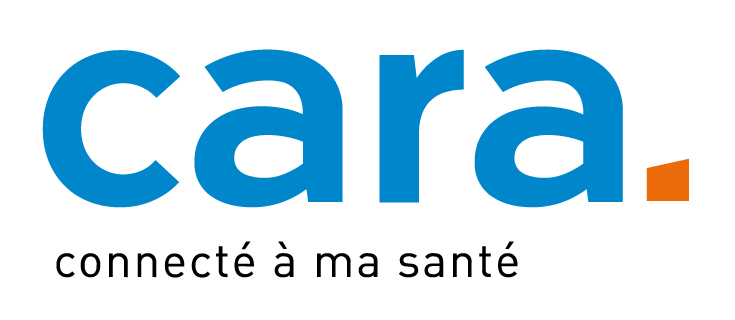Through your own experience of your illness, you can contribute to your own health. To decide which treatment is best for you, your healthcare team must have full information about your past and present health problems. Also tell them which medicines you take on a regular or occasional basis.
Your participation is essential
Express your needs
The relationships with the care team are based on trust, listening and dialogue. By expressing your needs and telling us how you feel, and letting us know your preferences, you contribute to the quality of the care you receive.
INFO +
For practical advice, see the section You and your doctor, keys to better communication.
Advance care plan
During your medical journey, the medical and care teams will discuss the aims of your care with you and, if you so wish, also with your close friends and relatives. This joint approach forms part of the advance care plan and enables us specifically to anticipate the evolution of your state of health, such as the possible occurrence of complications and the treatment to be administered should this arise. The aim of these regular exchanges is to determine the types of care you want at each stage of your treatment.
Help us to control your pain
If you are experiencing pain, talk to the healthcare staff so they can regularly evaluate your pain and provide relief. Your information is valuable as you are the only person who can say if your pain had subsided or not. Doctors and health professionals intervene on a daily basis to optimize your analgesic treatment.
INFO +
To find out more, see the section Are you in pain? Let’s work together then!
Medication security
On your admission to the hospital the medical and care team will ask you if you are taking any medication. Whether it is prescribed by a doctor or not, do not hesitate to inform us of any medication you are taking, including any herbal medicine. Our aim here is to avoid any inappropriate interruption or any mistakes concerning doses, dosage forms (tablet, capsule, cream, eye drops, etc.) or the methods of taking them (by mouth, injection, nasal spray, etc.). This also enables the team to verify any interactions between medicaments.
During your hospital stay the team will inform you of any new prescription to prevent medication errors. At the time of your discharge, the treatments and their duration will be specified and a treatment card may be given to you.
Follow the hand hygiene rules
We provide you with a bottle of a hydroalcoholic solution so you can protect yourself against infections. Rub your hands together :
- before and after meals
- after using a tissue
- when you leave your room for an examination, etc.
- when you return to your room.
